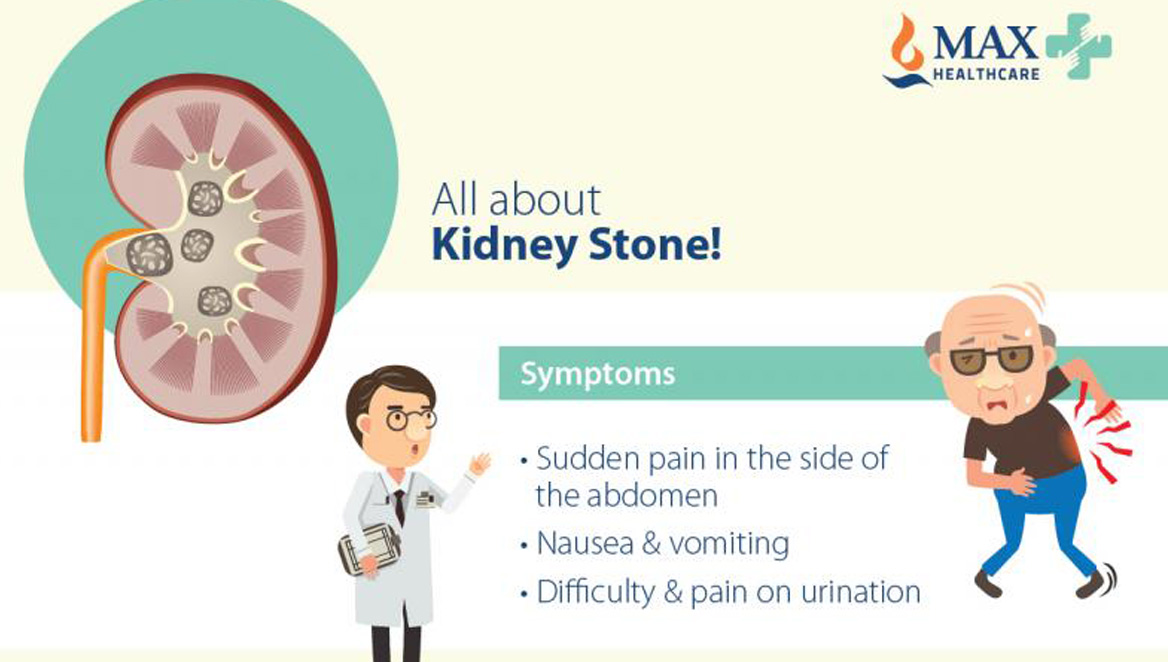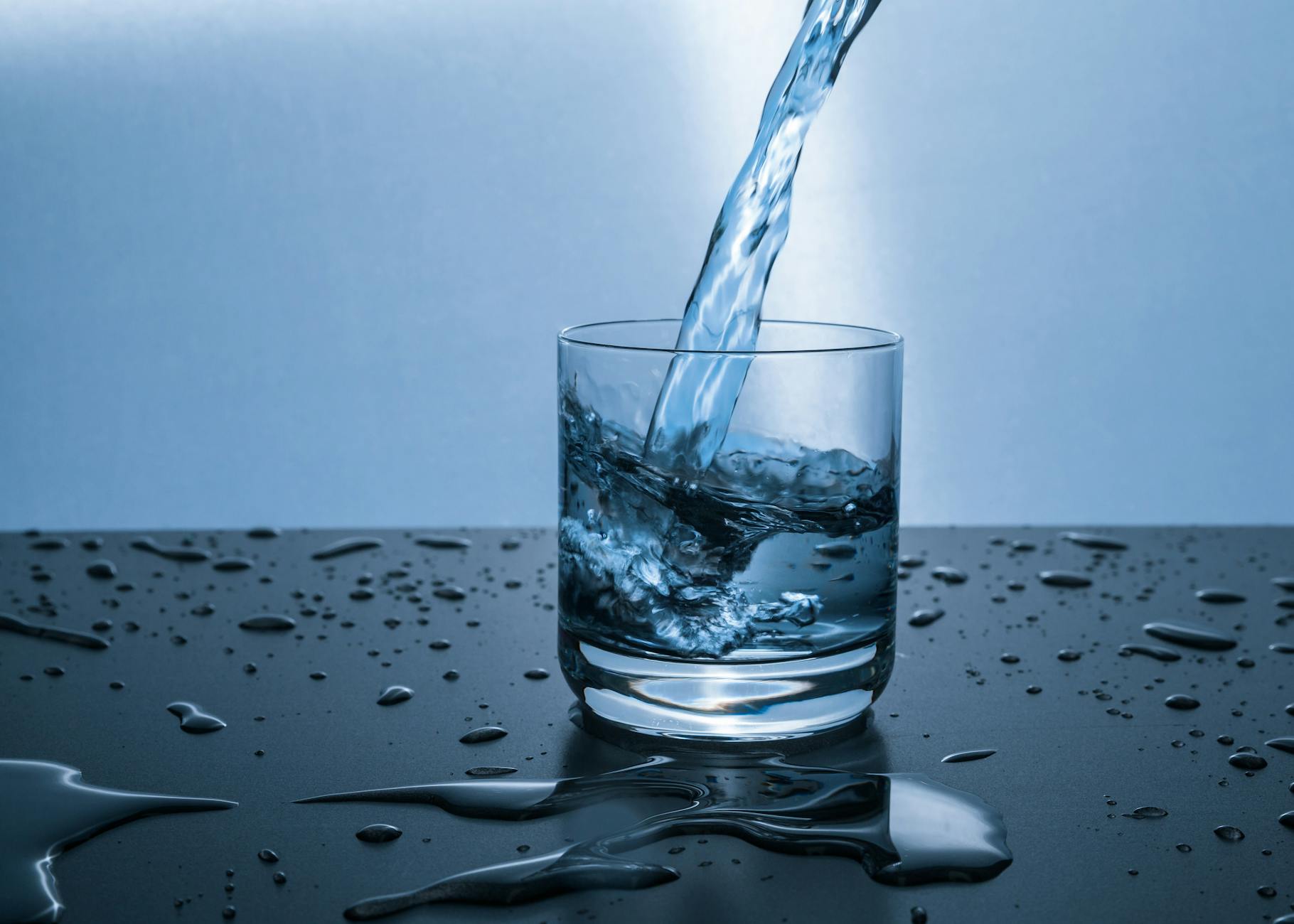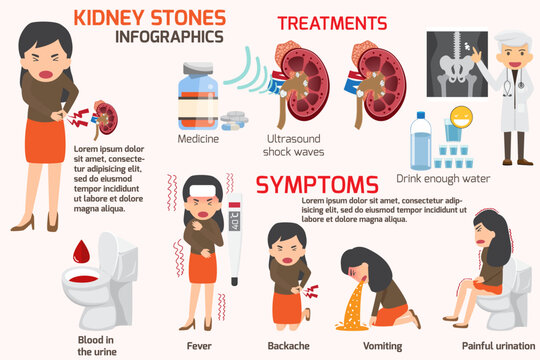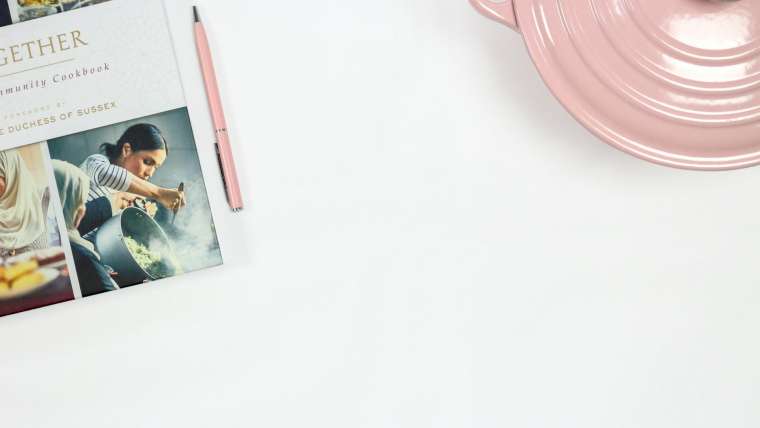Discover the surprising natural remedies and lifestyle changes that can help you win the battle against painful kidney stones.
Table of Contents
Introduction to Kidney Stones
Kidney stones are small, hard deposits that form in the kidneys. When these stones try to leave the kidney and travel through the urinary tract, they can cause a lot of discomfort, including lower back pain. Now, let’s dive into what kidney stones are and why they might be making your back ache.
What are Kidney Stones?
Kidney stones are like tiny rocks that can form in your kidneys when minerals in your urine stick together. They can vary in size, from as small as a grain of sand to as big as a marble. Anyone can get kidney stones, but they are more common in adults than kids.
How Kidney Stones Cause Pain
When kidney stones start moving around or try to leave your body through the ureter (the tube that connects the kidney to the bladder), they can cause a blockage. This blockage can lead to sharp pain in your lower back, sides, or belly. That’s why kidney stones are often linked to lower back pain.
The Journey of a Kidney Stone
Have you ever wondered what happens when someone has a kidney stone? Let’s take a look at the journey of a kidney stone within the body and how it can lead to infections.
From Kidney to Bladder
A kidney stone starts its journey within the kidney, a small organ in your lower back. Sometimes, these stones can form when there are too many minerals in your urine. As the stone moves down the ureter, a thin tube connecting the kidney to the bladder, it can cause pain and discomfort. Eventually, the stone will make its way to the bladder, where it can be passed out of the body during urination.
Symptoms of a Kidney Stone
How do you know if someone has a kidney stone? Well, there are some signs to look out for. If someone experiences sharp pain in their lower back or side, along with changes in urine color or frequency, they might have a kidney stone. Other symptoms can include blood in the urine, nausea, and vomiting. It’s essential to pay attention to these signs and seek help if needed.
Managing Pain from Kidney Stones
Dealing with lower back pain caused by kidney stones can be uncomfortable, but there are ways to help manage the discomfort.

Image courtesy of www.istockphoto.com via Google Images
Home Treatments
If you’re experiencing lower back pain from kidney stones, there are a few things you can try at home to help alleviate the discomfort. Drinking plenty of water can help flush out the stones and reduce pain. You can also apply a heating pad to your back to help relax the muscles and ease the ache. Over-the-counter pain medications may also offer some relief, but always check with a grown-up before taking any medication.
When to See a Doctor
While many cases of kidney stone pain can be managed at home, there are times when it’s crucial to seek medical help. If your lower back pain is severe and doesn’t improve with home remedies, if you have blood in your urine, or if you develop a fever, it’s essential to see a doctor right away. They can provide proper diagnosis and recommend the best treatment options for your specific situation.
Magnesium to the Rescue
In the world of kidney stones, magnesium can be a real hero. But why is this mineral so important, and how can it help when those painful stones decide to pay a visit?
Why is Magnesium Important?
Magnesium is a vital mineral that plays a crucial role in various bodily functions. It helps to keep our muscles, nerves, and bones healthy, and even supports a steady heart rhythm. Without enough magnesium, our bodies can’t perform at their best, leading to potential health issues.
Magnesium and Kidney Stones
When it comes to kidney stones, magnesium can be a valuable ally. This mineral has been shown to help reduce the risk of developing certain types of kidney stones. How does it work? Magnesium binds to oxalate, a substance involved in the formation of some kidney stones, preventing it from crystallizing and causing trouble.
Diet and Kidney Stones
When dealing with kidney stones, it’s important to pay attention to your diet. Some foods can increase the risk of developing kidney stones due to their high levels of certain minerals. Avoiding foods that are high in oxalates, such as spinach, beets, nuts, and chocolate, can be beneficial in preventing the formation of kidney stones. Additionally, reducing sodium intake from processed foods and salt can help lower the risk of kidney stone formation.

Image courtesy of stpeteurology.com via Google Images
Foods to Eat
If you’re prone to kidney stones, incorporating certain foods into your diet can help promote kidney health and reduce the likelihood of stone formation. Consuming foods rich in citric acid, such as lemons, oranges, and melons, can help prevent the formation of certain types of kidney stones. Drinking plenty of water and staying hydrated is essential in maintaining healthy kidney function and preventing the recurrence of kidney stones. Including calcium-rich foods like dairy products in your diet can also be beneficial as they can bind to oxalates in the intestines, preventing them from being absorbed and forming stones.
Drink Up to Flush Out
In order to keep your kidneys healthy and prevent kidney stones and urinary tract infections, it’s essential to stay well-hydrated. By drinking plenty of fluids, especially water, you can help flush out any toxins and minerals that could lead to the formation of kidney stones or infections in your urinary tract.
Water is Your Best Friend
Water is crucial for maintaining good kidney health. It helps to dilute the substances in your urine that can lead to the development of kidney stones. By drinking an adequate amount of water each day, you can ensure that your kidneys are able to function properly and flush out any harmful particles that may accumulate.
| Treatment Method | Success Rate | Pain Level |
|---|---|---|
| Extracorporeal Shock Wave Lithotripsy (ESWL) | 70% | Mild to moderate |
| Ureteroscopy | 90% | Mild to moderate |
| Percutaneous Nephrolithotomy (PCNL) | 95% | Moderate to severe |
| Medication & Lifestyle Changes | 50% | Varies |
Other Helpful Drinks
While water is the best choice for staying hydrated and maintaining kidney health, there are other fluids that can be beneficial as well. Unsweetened fruit juices, herbal teas, and even certain sports drinks can help supplement your daily fluid intake. Just remember that sugary drinks like soda should be consumed in moderation, as they can contribute to the formation of kidney stones.
Medical Procedures for Kidney Stones
When kidney stones are too large to pass naturally, medical interventions may be necessary to help you get rid of them. Below are the two main types of medical procedures used to treat kidney stones.
Non-Invasive Treatments
Non-invasive treatments are procedures that do not require surgery and are often used for smaller kidney stones. One common non-invasive treatment is shock wave lithotripsy. During this procedure, high-energy sound waves are used to break the kidney stones into smaller pieces that can then pass more easily through the urinary tract. Another non-invasive option is ureteroscopy, where a thin tube with a camera is inserted into the ureter to locate and remove the stone.
Surgical Options
In some cases, surgery may be necessary to remove kidney stones that are too large to be treated with non-invasive procedures. Surgical options include procedures like percutaneous nephrolithotomy, where a small incision is made in the back to remove the stone directly from the kidney, or ureterolithotomy, which involves making an incision in the ureter to take out the stone. These surgeries are usually done under general anesthesia to ensure your comfort during the procedure.
Remember, if you think you have kidney stones and are experiencing severe pain, it is essential to consult a healthcare professional to determine the best course of treatment for your specific situation.
Keeping Blood Pressure in Check
In this section, we will delve into the connection between high blood pressure and kidney stones, and explore ways to lower blood pressure to help prevent kidney stone formation.
The Connection Between High Blood Pressure and Kidney Stones
High blood pressure, also known as hypertension, can have a significant impact on kidney stone formation. When blood pressure is consistently elevated, it can lead to changes in the blood vessels within the kidneys, affecting their ability to function properly. This can result in an imbalance of minerals and salts in the urine, increasing the risk of kidney stone development.
Additionally, high blood pressure can contribute to other conditions like diabetes and obesity, which are also risk factors for kidney stones. Therefore, managing blood pressure is essential in preventing the formation of these painful stones.
Ways to Lower Blood Pressure
To keep your blood pressure in check and reduce the risk of kidney stones, there are several lifestyle changes and habits you can adopt:
1. Healthy Diet: Eating a diet rich in fruits, vegetables, whole grains, and lean proteins can help lower blood pressure. Limiting the intake of salt, sugar, and processed foods is also important.
2. Regular Exercise: Engaging in physical activity for at least 30 minutes a day can help lower blood pressure and improve overall cardiovascular health.
3. Maintain a Healthy Weight: Being overweight or obese puts extra strain on the heart and blood vessels, leading to high blood pressure. Losing weight through a combination of diet and exercise can help lower blood pressure.
4. Reduce Stress: Chronic stress can contribute to high blood pressure. Implement stress-reducing activities into your daily routine, such as meditation, yoga, or deep breathing exercises.
5. Limit Alcohol and Caffeine: Excessive consumption of alcohol and caffeine can raise blood pressure. Moderation is key in keeping blood pressure levels within a healthy range.
By incorporating these habits into your lifestyle, you can help maintain healthy blood pressure levels and reduce the risk of developing kidney stones.
Fun Facts About Kidneys and Stones
1. One in ten people will experience the discomfort of kidney stones in their lifetime. That’s quite a lot of people!

Image courtesy of www.istockphoto.com via Google Images
2. The largest kidney stone ever removed was a whopping 1.36 kilograms – imagine carrying that around in your body!
3. Some kidney stones contain tiny deposits of what looks like a real pearl. It’s like finding treasure in your body!
4. The pain caused by kidney stones has been compared to that of childbirth. Ouch!
5. In ancient times, people believed that kidney stones were caused by a curse from the gods. Thank goodness for modern medicine!
6. Despite their name, kidney stones are not actually made of stone. They are crystal-like deposits formed from minerals in the urine.
7. Kidneys are fascinating organs that filter around 200 quarts of blood each day to produce about 1 to 2 quarts of urine. That’s a lot of work!
Concluding Thoughts
As we wrap up our journey through the world of kidney stones, it’s essential to remember that these tiny but troublesome stones don’t have to be an unbeatable foe. By understanding how kidney stones form, the symptoms they cause, and how to manage them, you can take steps to prevent and treat them effectively.
One key player in the battle against kidney stones is magnesium. This essential mineral not only benefits your overall health but can also play a crucial role in preventing and managing kidney stones. By incorporating magnesium-rich foods into your diet or taking supplements, you can give your kidneys a fighting chance against those pesky stones.
Remember that a healthy lifestyle, including staying hydrated, watching your diet, and keeping your blood pressure in check, can all contribute to reducing your risk of kidney stones. By making small but impactful changes in your daily routine, you can take proactive steps to win the fight against kidney stones.
So, if you ever find yourself dealing with the discomfort of kidney stones, know that you have the knowledge and tools to overcome this challenge. By staying informed, listening to your body, and seeking help when needed, you can navigate the journey of kidney stones with confidence and resilience.
FAQ
Can Kids Get Kidney Stones Too?
Yes, kids can get kidney stones too, although it is not as common as in adults. Kidney stones can develop in children due to various factors like genetics, dehydration, and certain medical conditions. If a child experiences severe abdominal or lower back pain, or notices blood in their urine, it’s essential to see a doctor for proper diagnosis and treatment.
Does It Hurt to Pass a Kidney Stone?
Yes, passing a kidney stone can be very painful. The pain is often described as intense and can be felt in the side or lower back, radiating to the abdomen and groin. The pain usually comes in waves and may be accompanied by nausea and vomiting. It’s crucial to seek medical help if you suspect you have a kidney stone to manage the pain and prevent complications.
How Can I Tell If I Have a Kidney Stone?
If you experience sudden and severe pain in your side, back, abdomen, or groin, it could be a sign of a kidney stone. Other symptoms include blood in your urine, frequent urination, pain while urinating, and nausea or vomiting. If you suspect you have a kidney stone, it’s vital to consult a healthcare provider for proper diagnosis and treatment.
Can You See a Kidney Stone in the Toilet?
Sometimes, you may be able to see a kidney stone in the toilet after passing it. Kidney stones vary in size and color, and they can range from tiny specks to larger, jagged stones. If you pass a kidney stone, it’s essential to try and collect it in a clean container to show your doctor for analysis. This can help determine the type of stone and guide treatment options.






